The Kerala assembly constituency of Aruvikkara, a suburb of Thiruvananthapuram (Trivandrum), just had an Assembly poll necessitated by the death of the incumbent, G Karthikeyan, of the Congress, who was also the speaker of the assembly. It was not very surprising then that his son KS Sabarinadhan was nominated, and that he won with a 10,000-vote margin. The Marxists’ M Vijayakumar, a local man and a popular former minister, came second. The BJP’s O Rajagopal, an octogenarian, came third.
But there are a few twists and turns to this contest, and for that a little background information is useful. The first is the fact that Kerala is quite possibly the most communally-polarised state in the country. This may surprise, because Kerala voters hide their prejudices very well indeed, and will talk up a good story about secularism and egalitarianism and all that, but if you are a local, you know this is all so much hogwash.
The Kerala population, according to the 2001 census, consists of roughly 55 percent Hindus, of which the OBC Ezhavas, about 22 percent of the total population, are the largest group, and the Nairs, with about 15 percent, are next. Christians account for 22 percent, and so do Muslims. Of course, demographic issues such as differential fertility rates and large-scale conversions may have changed these numbers quite a bit, but this is the only information available as the Union government is fighting shy of publishing the caste and religious breakdown of the 2011 census, for reasons only known to it.
Traditionally, Muslims vote for the Muslim League, and Christians for the Congress or the breakaway Kerala Congress. All three are constituents of the UDF. Going by past experience, both Muslims and Christians voted for the Congress candidate: that is the history of these two groups, who dominate the UDF. Interestingly, when the UDF government was formed, the threesome who called the shots were Oommen Chandy (Christian/Congress), Kunjali Kutty (Muslim/Muslim League), and KM Mani (Christian/Kerala Congress): no Hindu leader was involved.
The (forward caste) Nairs have traditionally voted for the Congress, and there is strong camaraderie between them and the powerful Syrian Catholics. The Ezhavas have been the backbone of the Communists, and especially in Malabar and in the rice-growing Kuttanad of Alappuzha district, they continue to be so. Some Hindus vote for the BJP, which has never managed to elect an MP or an MLA. The closest they came was, in the middle of the Modi wave last year, O Rajagopal losing by 11,000 votes to Shashi Tharoor in Trivandrum.
Based on my back-of-the-envelope calculations, I forecast that it would be Congress 40 percent, Communists 25 percent, and BJP 20 percent at Aruvikkara. In the event, it was Congress 37 percent, Communists 30 percent, and BJP 24 percent.
Having said all this, what are the cautionary tales for each of the three leading parties from this poll?
Congress: Roiled as it has been by a series of corruption-related scandals, this election was treated as a referendum by Chief Minister Oommen Chandy, who staked considerable prestige on the result. He has been vindicated: he has been in power for four years, and although his UDF has a razor-thin margin of one or two seats, he has not lost a single by-election. This, despite the storm of scandals, the loudest of which were the prohibition/corruption and solar scandals.
It is apparent that Chandy, positioning himself as a man of the people (he has innumerable ‘jana samparka’ programmes where he personally meets the aggrieved) and toughing it out against all allegations, has managed to convince the public that he is the go-to guy for the upcoming state elections. He has a point.
However, the Congress has to contend with the fact that their support base is not growing, and may even be shrinking. Normally, heavy polling suggests a win for the Congress, as the Communists usually will bring their committed voters to the booths. This time, even though there were torrential rains that normally discourage voters, the polling was high (76 percent), but it didn’t add to the Congress tally. Maybe there is some anti-incumbency after all.
Communists: At one time, there were several leftist parties in Kerala, but most of them have seen an erosion in support, except for the Communist Party of India (Marxist). Their early leaders had an aura of personal integrity despite their ideology, but today it is hard to tell them apart from other politicians. In Kerala, they are accustomed to coming back to power every five years, alternating with the Congress.
The global malaise that has rendered the communists redundant has also affected them in Kerala. However, they are the strongest cadre-based party, and their ability to gauge the public mood has been second to none. Over the years I have observed that the communists are the only people who regularly visit all the voters’ homes.
The visits have a pattern: there will be a group of 10-12 young men (usually, although now and then it will be a group of women too; I have never once seen a mixed group of campaigners). One person or two will politely engage the voter, often enquiring about the number of voters in the household (they have the list and they will verify that it is correct), and talk about the prevailing political situation.
While you are engaged in small talk with the two, the rest of the group are keenly observing you, especially your body language. They may also ask for a donation to the party, and that’s when your body language becomes an especially good indicator of your feelings towards the party. (Now and then they ask for money for obscure causes like the ‘Palestinians’, but we all know that is code for the neighborhood tavern!)
So the communists have mapped out the households quite well, which, for example, the BJP has not managed to do. Another interesting thing about the communists is how they manage cognitive dissonance. Despite being ‘godless communists’, many of them are pious Hindus. I know two neighbours who are card-carrying communists, but they can be found every morning prostrating themselves at the temple, as god-loving as they come. Thus, in a way, the communists are the biggest ‘Hindu’ party in Kerala: their ranks have few Christians and Muslims.
But what’s ailing them is that many Hindus, especially Ezhavas, are deserting them. The fact is that Ezhavas, previously agnostic, have become pious en masse. And they have, justifiably, realised that the communists have done little for them. Any benefits have, they grumble, accrued not to them, OBC, but to the FC leaders of the party. The fact that the first and only CM of Ezhava origin, Achuthanandan, is the object of much heckling in the party is also hurting them.
The trend is most notable in Malabar, where Thiyyas (Malabar Ezhavas), descended from kalari exponents like Aromal Chekavar and other samurai-like warriors, are abandoning them and joining the RSS or BJP. This has led to physical violence and bloody vendettas, often by communists against apostates who have joined the RSS, and in retaliatory attacks by the RSS.
Thus the general indication is that the communists are on the downswing. Not good news for them, as their decline in West Bengal has also made them less relevant on the national scene.
The BJP: The party has never been able to muster enough strength to win a single major election in Kerala. In the 2014 Modi wave, they had hopes of capturing the Trivandrum parliamentary seat, but O Rajagopal fell short. They have continued to have a small but insufficient level of support.
In Aruvikkara, even though they came third, they managed to increase their vote share from 6 percent in the previous assembly election to 24 percent this time, which is quite a remarkable achievement, even though that wasn’t enough to get them over the hump.
In some sense, the BJP has captured all the new voters in the constituency, although of course that isn’t true. But the trend is positive for them, as the UDF and LDF merely managed to hold on to their voters.
However, there are other factors. One is that Rajagopal is a popular person, a kindly octogenarian, and voters may remember that he did quite a bit for the district when he was in the railway ministry. More worryingly for the BJP, they did not have another candidate with name recognition: so the votes may have been for Rajagopal the person, not fungible votes for the BJP. The BJP does suffer from not having many leaders with brand value.
The second issue is that there is considerable excitement about the long-pending approval of the nearby deep-water container port of Vizhinjam, which has been pending for almost 70 years after it was mooted. While the Congress claimed credit for approval, they didn’t do anything about the port in the long years their government was in power at the centre. The euphoria of the possible benefits from the port, and Union Transport Minister Nitin Gadkari’s strong support for it, may be a one-time boost for the BJP.
Thus, despite the claims by all concerned, the fact is that Aruvikkara may not be the bellwether it appears to be. After all, it didn’t rock the boat: it maintained the status quo; the communists were not decimated; only the opposition vote was splintered. The growth in the BJP’s fortunes may either be a flash in the pan, or more hopefully for them, the beginning of a Hindu consolidation in the deep South. It may be remembered that neighboring Kanyakumari district of Tamil Nadu, culturally similar as a part of old Travancore, sent a BJP MP to Parliament for the first time in 2014.


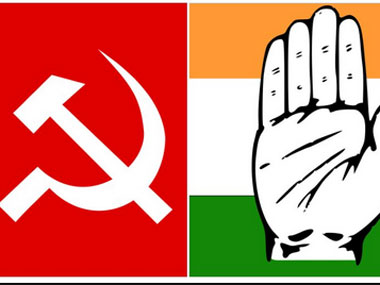)




)
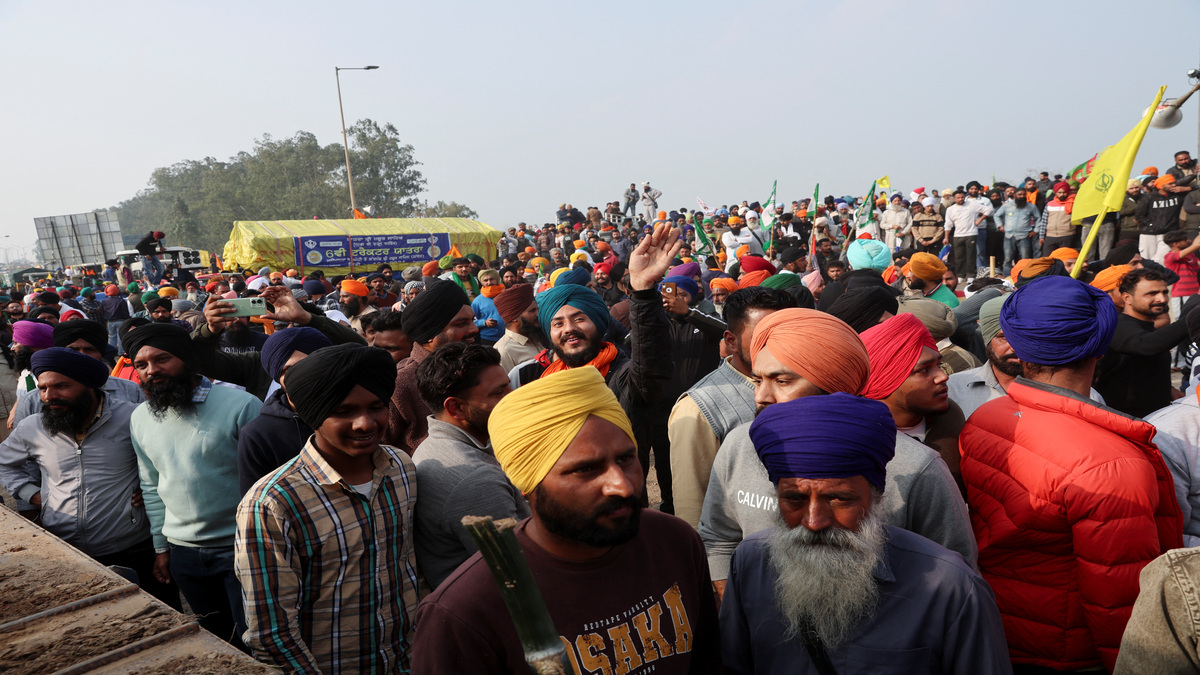)
)
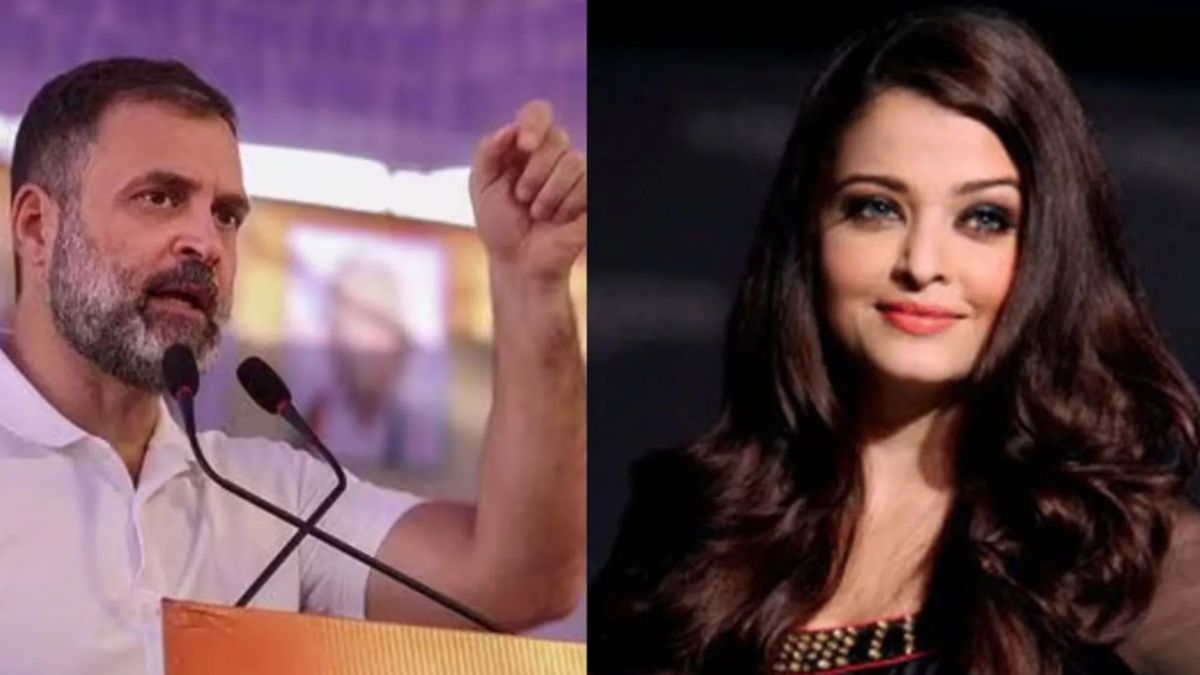)
)
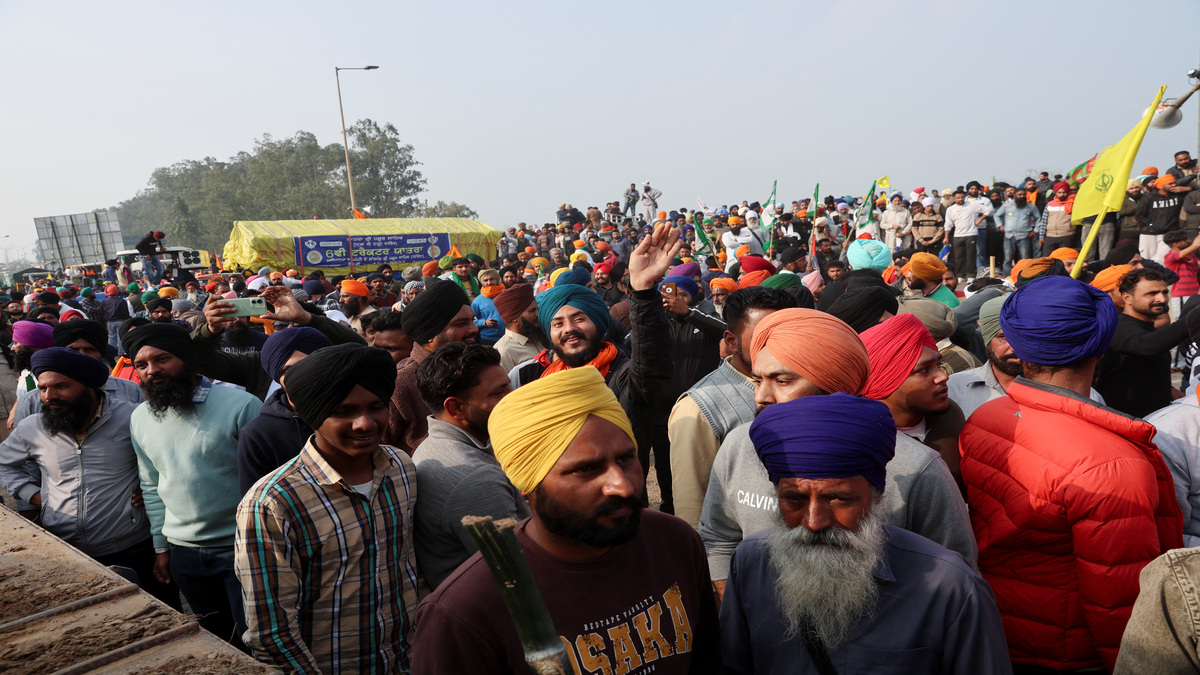)
)
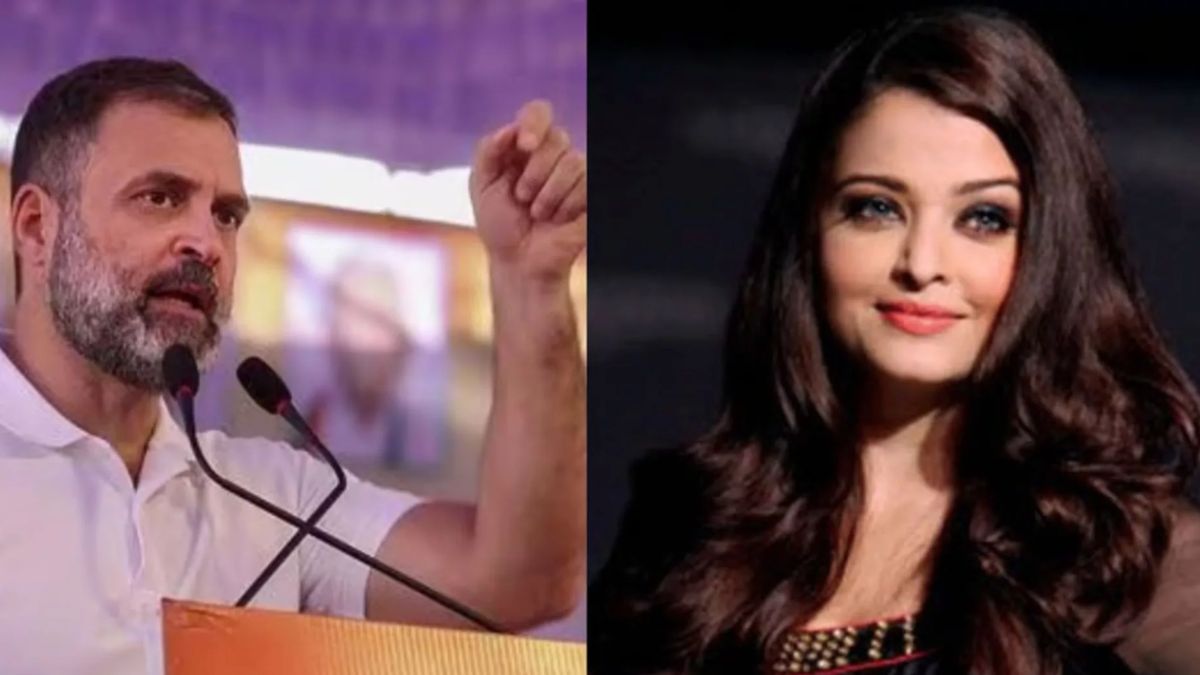)